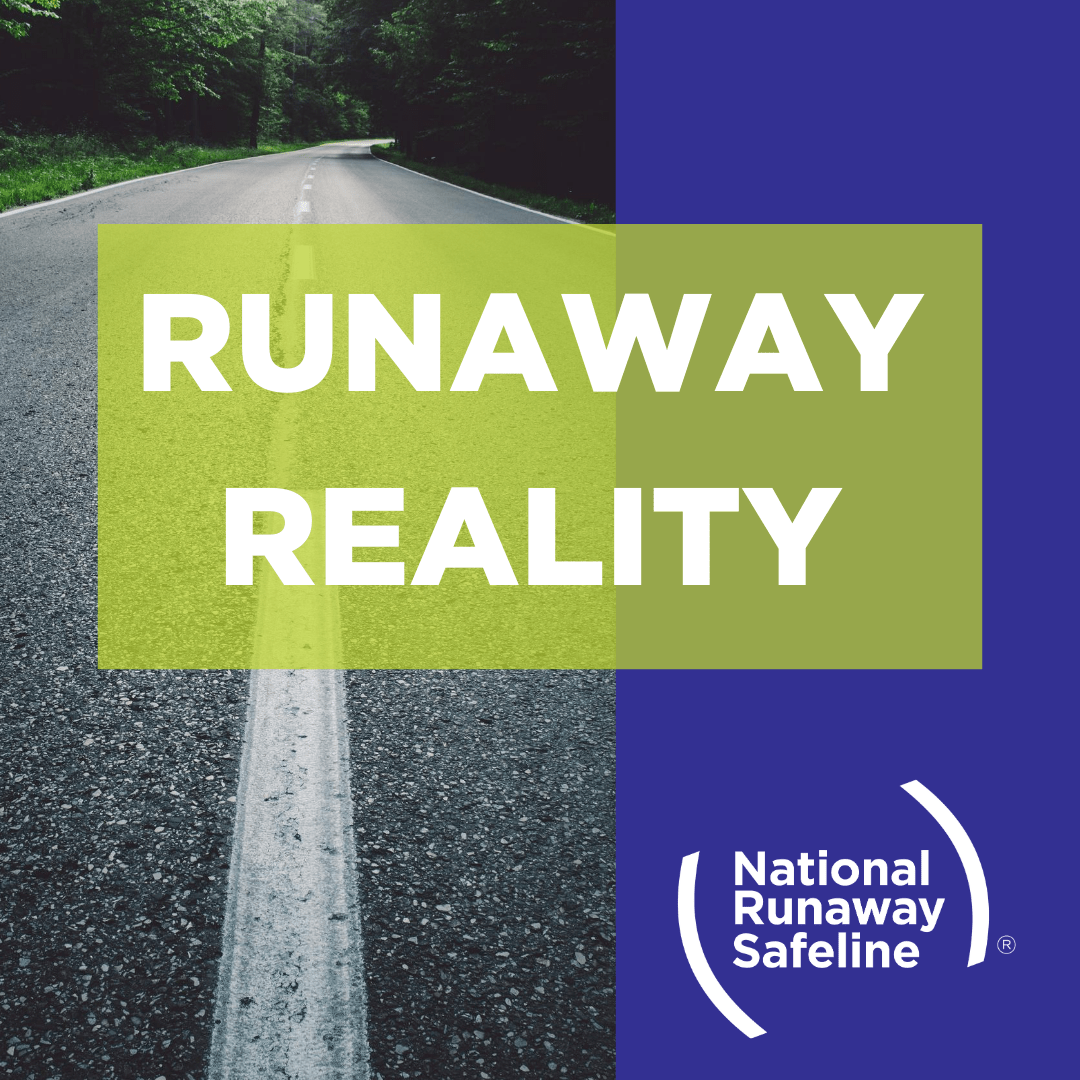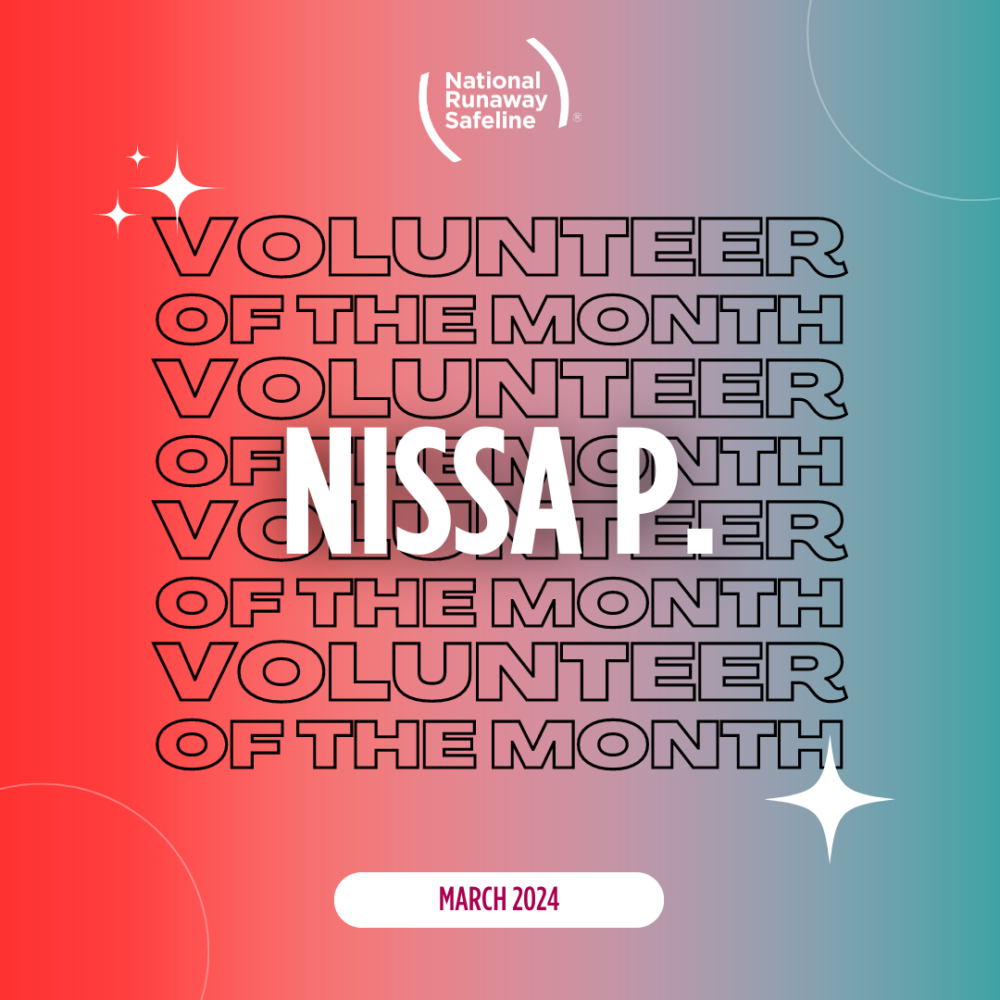A major challenge for young people in crisis over this past year is being constantly at home and often never far from their parents’ oversight. Even in the most loving and understanding of homes, this can be very taxing.
Naomi was in such a predicament when she reached out to NRS. Her parents could be pretty controlling under normal circumstances. Now that they’re all stuck at home, for school or for work, things had reached a crisis point. When she was not in school, she was made to do chores around the home almost constantly, while her mom and dad are home working and caring for younger siblings. It got to the point that her grades were slipping and she was worried about the backlash for that.
Naomi explained that when she complained about the work load, she was always brushed off. She understood that they all needed to work together, because things are hard for everyone right now, but she felt like she was being treated unfairly. Whenever they checked in on her, they only seemed to see the negative.
When a member of our Crisis Services Team is discussing options with youth, they usually want to see what options they’ve thought about trying or have tried already. In Naomi’s case, this wasn’t the first time her grades slipped. Earlier in the year, she tried to talk to her parents about how and why she wasn’t doing well in school. Their response was to take away privileges, such as using her phone and watching TV. They’d seen her doing these things when not in school or doing her chores and their conclusion was that Naomi was wasting time that could be spent studying.
So now, Naomi was not only having to work and clean around the house, but was expected to get her grades up without being connected socially to friends or having any other kind of outlet. Talking to her parents about how the chores were affecting her ability to perform in school was out of the question, she said. It would just make them angrier and she was worried about what else they might take away. She was seriously considering running away. She wasn’t able to reach out to a friend about staying with them, because of her phone being taken away, and she was concerned her parents would check her emails if she tried to reach out that way.
During the conversation, Naomi and a Crisis Services Team member concluded together that convincing her parents or changing their minds could really be an uphill battle. What is it that she could do to improve her life at home and communicate to her parents that she was doing her best? During the course of the conversation, Naomi revealed that these are not a regular rotation of chores, but randomly assigned. She was made to do these tasks whenever her parents noticed that they needed to be done. Talking through the various chores and the length of time it takes to do them, it seemed like a lot of Naomi’s issues with the chores might be lessened if she anticipated them, or took care of them ahead of time.
Naomi resolved to make a chart of all the chores she is asked to do in a week. She could then make a schedule of the best times to do these chores and how long it takes her to do them. She planned to keep track of this going forward, hopefully freeing up some time for her school work. She knew it isn’t going to be easy, or even all that fun, but she decided that was something to try, since her behavior and responses are really the only things she can control in this situation.
She’s hoping that instead of running away and possibly making things a lot worse at home, she might be able to show her parents that she is making an effort in trying to manage her work load.
In many cases, the issues that cause young people to want to leave home can be resolved through better communication. At NRS, we try to work through all available options and possibilities to ensure that a family is able to stay together. Communication can be difficult, especially over the past year. Having a confidential third party can help facilitate that communication and make a difficult situation better.
If you are a young person considering running away from home, or a parent or guardian concerned that the young person in your life wants to leave, reach out to NRS today. We can help you work through the issues that are causing friction and help you come up with a plan. We are free and available 24/7- call us, chat us, or email us today!




